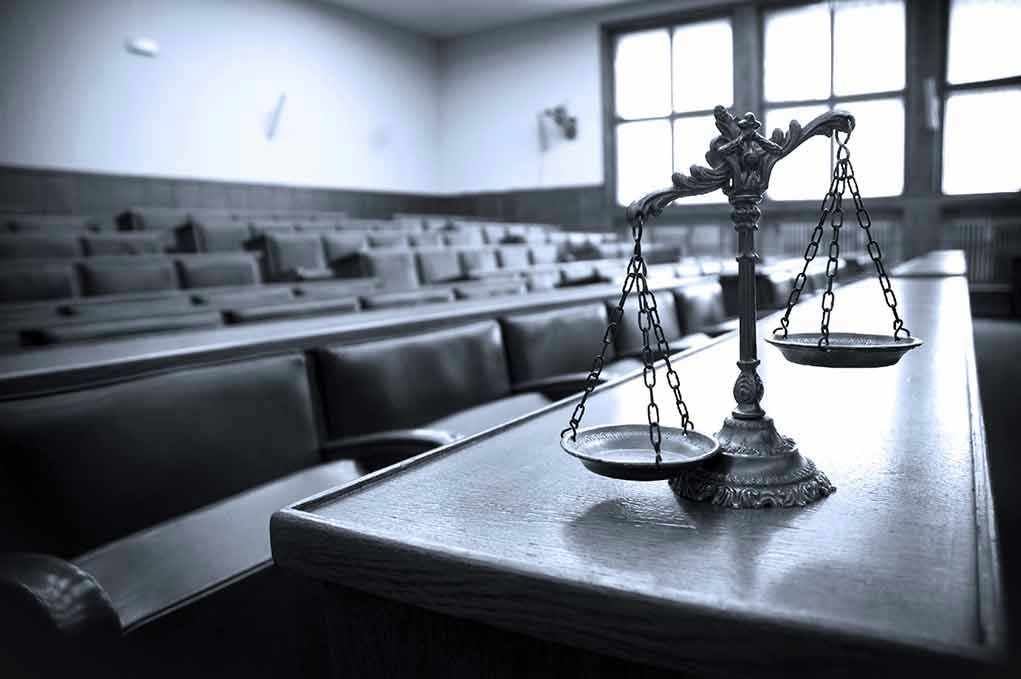
If you thought partisan politics couldn’t get any messier, think again: New Jersey’s federal judges just declined to extend Alina Habba’s appointment as interim U.S. Attorney, sparking a heated debate on judicial overreach and executive authority.
At a Glance
- Federal judges in New Jersey declined to extend Alina Habba’s interim appointment.
- Desiree Leigh Grace, Habba’s first assistant, has been appointed as interim U.S. Attorney.
- Habba’s lack of prosecutorial experience and ties to President Trump fueled controversy.
- New Jersey’s Democratic senators opposed Habba’s confirmation.
Judicial Decision Spurs Controversy
On July 22, 2025, New Jersey’s federal judges made headlines by refusing to extend Alina Habba’s interim appointment as U.S. Attorney, opting instead to appoint her first assistant, Desiree Leigh Grace, to the role. This move comes after Habba’s 120-day interim term expired, a period marked by controversy over her close ties to President Trump and lack of prosecutorial experience. The decision was signed by Chief Judge Renée Bumb, leaving some in an uproar over perceived judicial overreach.
The legal framework allows district court judges to appoint an interim U.S. Attorney if the Senate fails to confirm a nominee within 120 days. This provision, reinstated to prevent executive overreach, has now been used to counter a presidential appointment, highlighting the judiciary’s role as a check on executive power. However, critics argue that this action is politically motivated, given the Democratic appointment history of New Jersey’s district court judges.
Political Tensions and Allegations
The judges’ decision has not gone unchallenged. Deputy Attorney General Todd Blanche publicly accused the judges of pursuing a “left-wing agenda” to force out Habba, while Attorney General Pam Bondi praised Habba’s performance and criticized the decision. Despite these accusations, the judges appointed Desiree Leigh Grace, a registered Republican, complicating claims of partisanship. This move underscores the judiciary’s statutory role while raising questions about separation of powers and political influence.
President Trump’s decision to appoint Habba, his personal attorney, faced opposition from New Jersey’s Democratic senators, who questioned her qualifications. This partisan divide underscores the broader tensions between the executive branch and Senate Democrats. The White House and Department of Justice have yet to comment, leaving the administration’s next steps uncertain.
Implications for the Justice System
With Desiree Leigh Grace now serving as interim U.S. Attorney, the immediate impact will be a shift in leadership within New Jersey’s prosecutorial office. This change may alter prosecutorial priorities and strategy, affecting ongoing and future federal investigations. Short-term, this decision triggers heightened tensions between the judiciary and executive branches, but its long-term implications could set a precedent for judicial intervention in politically contentious confirmations.
This scenario may influence future presidential appointments, particularly when selecting nominees with perceived political connections. The controversy also highlights the need for clarity and reform in the U.S. Attorney appointment process to maintain public trust and ensure the independence of federal prosecutors.
Expert Opinions and Future Outlook
Legal experts emphasize the rarity of judges exercising this appointment power, viewing it as a necessary check on executive overreach. Some warn that this situation risks further politicizing the justice system, while others believe it demonstrates the resilience of institutional checks and balances. The appointment of a Republican by Democratic-appointed judges adds nuance to the discussion, challenging simplistic narratives of partisan bias.
Ultimately, this development underscores the ongoing debate about the separation of powers and the judiciary’s role in executive appointments. As the Trump administration navigates this setback, the broader implications for the independence of federal prosecutors and the balance between governmental branches remain in focus.




